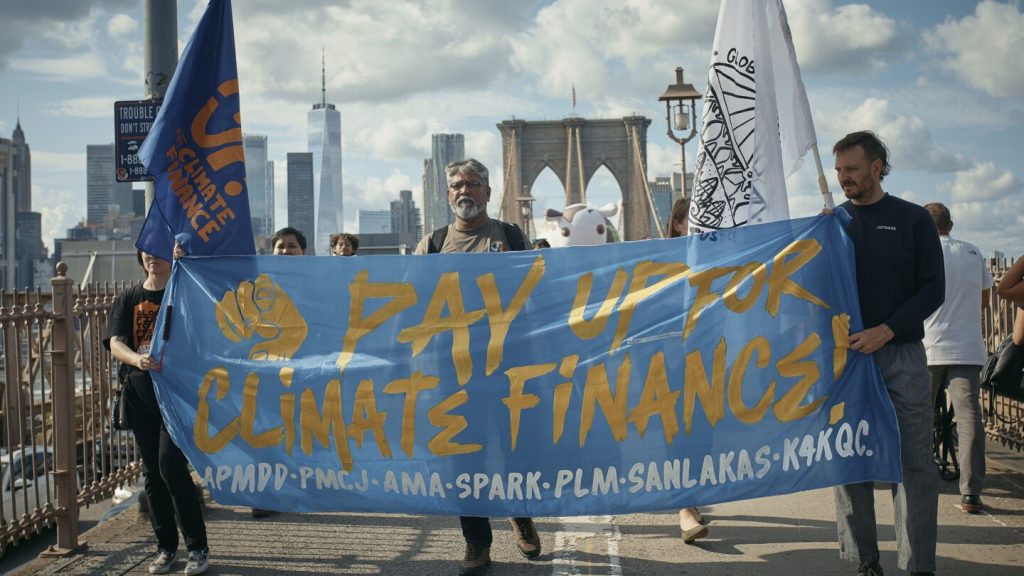This week marks a critical juncture in the fight against climate change as high-level meetings take place in multiple cities across the globe. The focus is on securing the funds needed to transition to renewable energy sources like wind and solar. The United Nations General Assembly and Climate Week NYC are emphasizing the importance of generating trillions of dollars to help poorer countries move away from fossil fuels that contribute to greenhouse gas emissions. Additionally, financial aid is needed to address the damage already inflicted by climate change.
The urgency of the situation is underscored by the upcoming deadline for all countries to submit new national targets to reduce emissions. Failure to meet these goals could have dire consequences for the future of the planet. The presidency of the U.N. climate conference in Baku views the week in New York as a crucial milestone event. The presence of climate negotiators and world leaders provides an opportunity to address critical issues such as financing for climate initiatives. The importance of money in addressing climate issues is evident, with discussions centered around how to fund the necessary changes.
Developing countries with limited resources are calling for financial assistance to transition to cleaner energy sources, citing historical emissions as a key factor in their need for support. The disparity between industrialized nations and developing countries in terms of emissions and financial capabilities complicates the negotiations. Rich nations have fallen short of their promises to provide $100 billion annually in climate financial aid to poor nations, highlighting the challenges of reaching consensus on funding goals and mechanisms.
The success of future climate negotiations hinges on the ability to allocate adequate financial resources to combat climate change. The price tag for addressing climate issues is significant, with estimates reaching as high as $2.4 trillion annually. The need for greater financial commitment from governments, businesses, and financial institutions is crucial to achieving the necessary transitions to sustainable practices. Climate Week serves as a platform for discussions on green financing and the role of private capital in facilitating the transition to a greener economy.
Despite the challenges ahead, there is a growing recognition of the importance of climate finance in reducing emissions and mitigating the impacts of climate change. The conversations taking place at Climate Week and other high-level meetings are paving the way for a more sustainable future. The collaboration between nations, businesses, and financial institutions is essential in finding innovative solutions to address the climate crisis. With the clock ticking on meeting emissions targets, the need for immediate action and financial support is more urgent than ever before.


